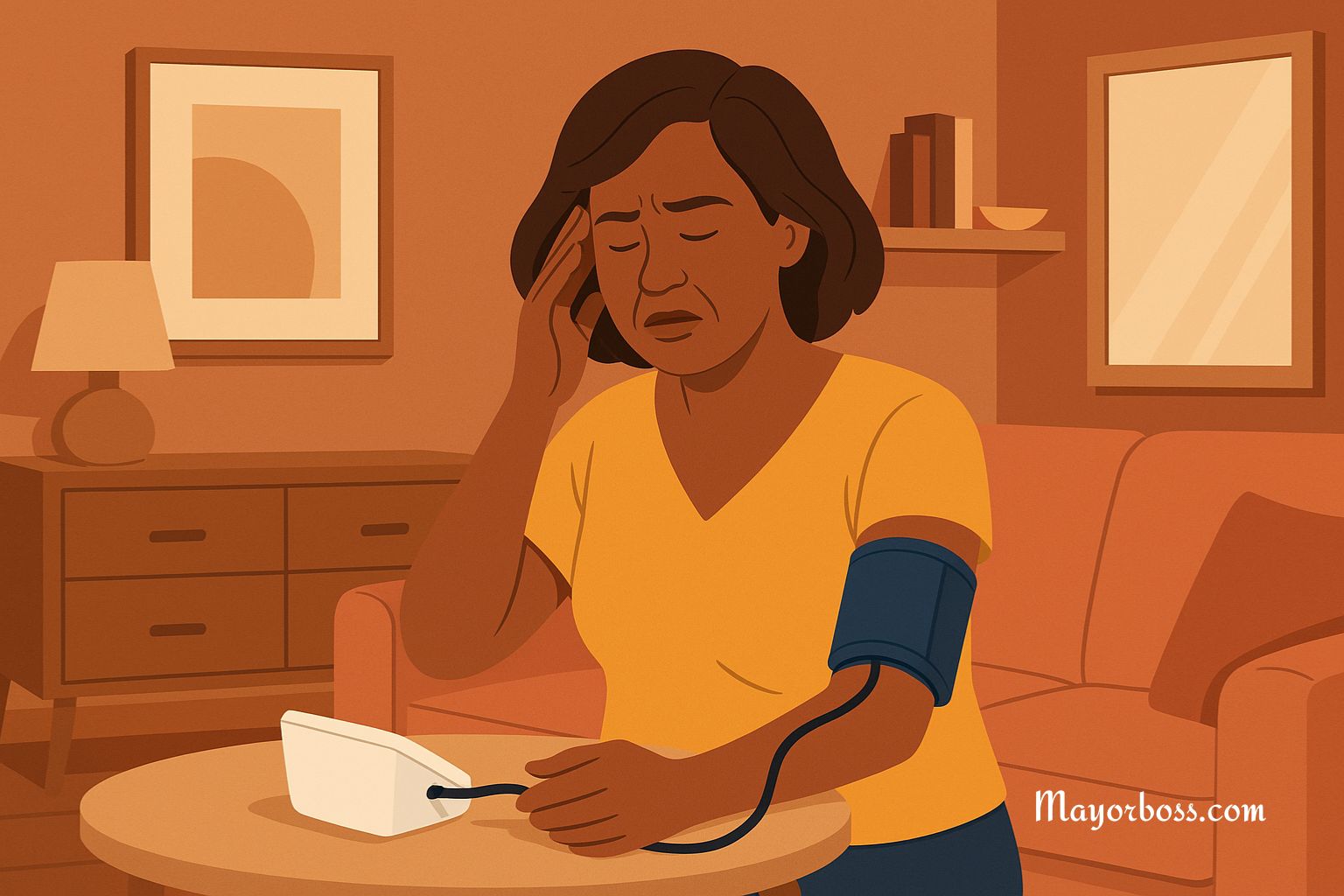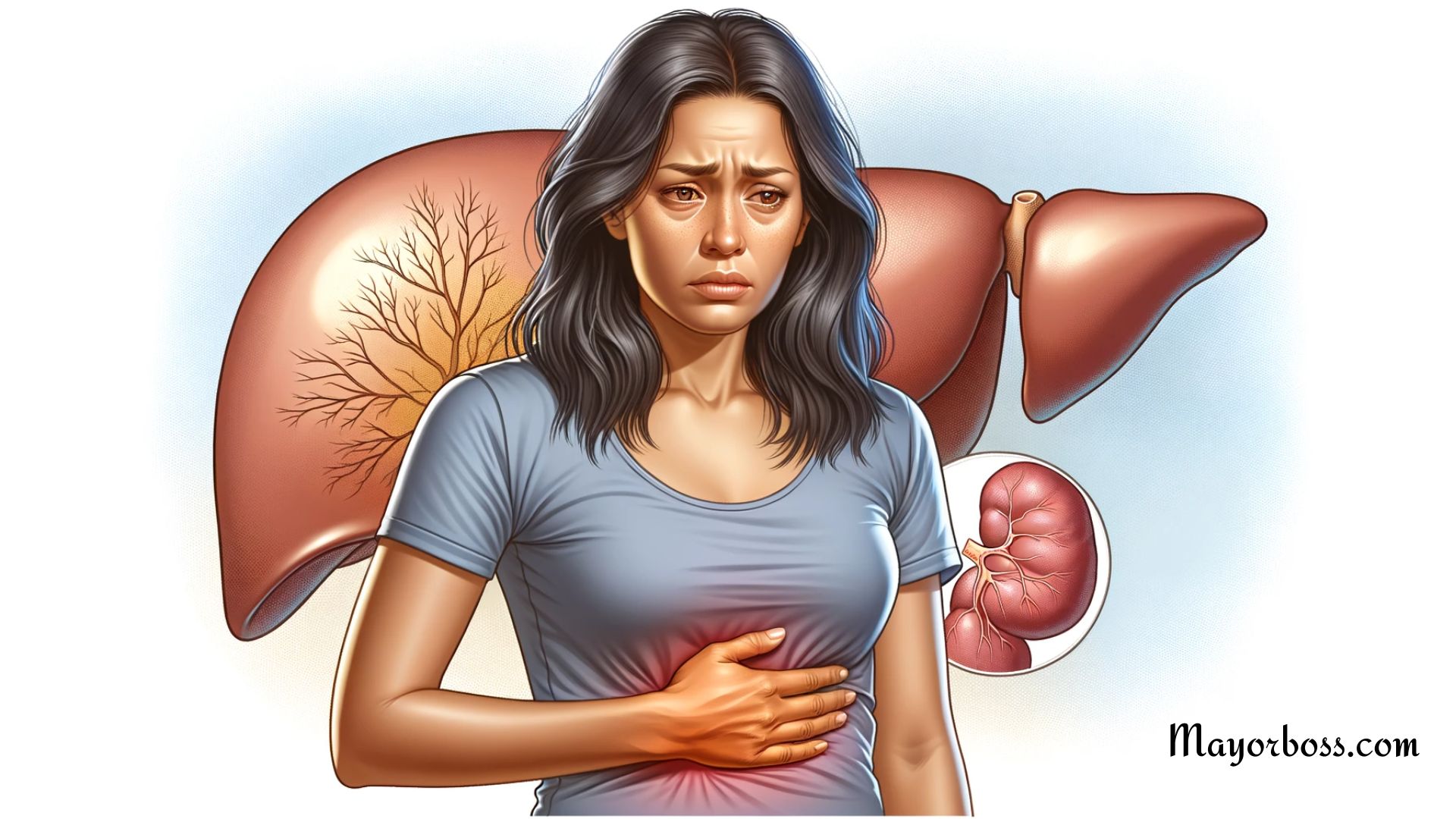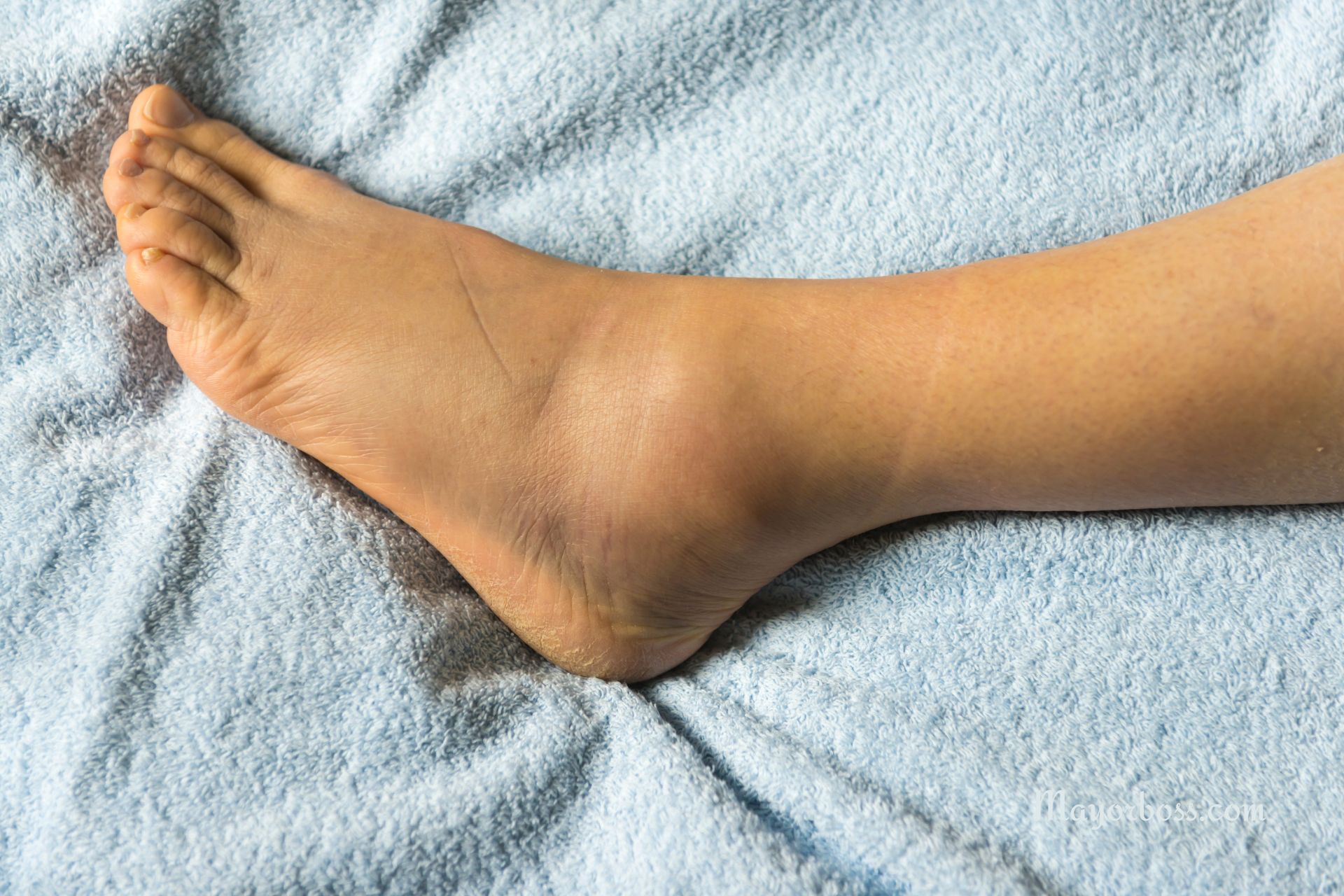6 Ways to Keep Your Bones Strong
As you age, your bones start to weaken, making you susceptible to fractures and osteoporosis. Therefore, maintaining healthy bones should be a top priority for everyone.
According to Mayo Clinic, “adequate calcium and vitamin D intake, physical activity, and avoiding smoking and excessive alcohol intake can prevent osteoporosis.”
In this article, we will explore six effective ways to improve bone strength and overall bone health.
1. Incorporate High-Impact Exercises
High-impact exercises like running, jumping rope, and dancing put stress on your bones, making them stronger.
A study published in the Journal of Bone and Mineral Research found that young men who performed high-impact activities had more robust bones than those who did low-impact exercises.
Additionally, a recent study by Harvard Health Publishing found that weight-bearing exercises can help to maintain bone mass in women after menopause.
2. Ensure Adequate Calcium Intake
Calcium is essential to keep your bones strong.
The National Institutes of Health recommends that adults aged 19-50 get 1000mg of calcium daily, while those aged 51 and above should get 1200mg.
Calcium-rich foods include milk, yogurts, cheese, and leafy greens like kale and spinach. If you can’t consume enough calcium in your diet, you may consider taking supplements.
However, it’s essential to talk to your doctor before taking any supplements.
3. Vitamin D Is Key
Vitamin D helps your body absorb calcium, thus contributing to strong bones. The recommended daily intake of vitamin D is 600-800 IU per day, as per the National Institutes of Health.
Vitamin D is naturally found in foods like oily fish (salmon, sardines, and mackerel), egg yolks, and mushrooms, but your body can also produce it when your skin is exposed to sunlight.
According to the American Bone Health Organization, about 10-15 minutes of sunlight three times a week can give your body sufficient vitamin D.
4. Stop Smoking
Smoking doesn’t just harm your lungs, but it can also weaken your bones.
According to a study published in the Journal of Bone and Mineral Research, smoking decreases bone mass density and impairs bone quality.
It’s never too late to quit smoking, and the benefits of doing so will affect not only your lungs but also your bones.
5. Limit Alcohol Intake
Alcohol has a direct effect on bone health.
According to the National Institutes of Health, excessive alcohol consumption can disrupt bone growth, leading to weak bones and an increased risk of fractures.
To maintain healthy bones, it’s essential to limit alcohol intake. The recommended limit is no more than one drink per day for women and no more than two drinks per day for men.
6. Consume Enough Protein
Protein is a vital component of a bone-healthy diet, as it is essential for building and repairing bone tissue.
Research has shown that adequate protein intake can improve bone density and decrease the risk of fractures.
To ensure you’re consuming enough protein, include a variety of protein-rich foods in your diet, such as:
- Lean meats, such as chicken, turkey, and lean beef
- Fish and seafood, like salmon, tuna, and shrimp
- Eggs and dairy products, including milk, yogurt, and cheese
- Plant-based protein sources, such as lentils, beans, tofu, tempeh, nuts, and seeds.
Nevertheless, you should consume a balanced mix of animal and plant-based proteins for optimal bone health.
Regular Bone Density Check-ups
It’s essential to monitor your bone health regularly. Regular check-ups and bone density scans can help detect early signs of bone loss, allowing for timely intervention and treatment.
The National Osteoporosis Foundation recommends that women over 65 and men over 70 undergo a bone density test.
Additionally, those with risk factors such as a family history of osteoporosis should also consider regular testing.
In closing
Maintaining healthy bones is essential for your overall health and well-being. The tips mentioned above, such as high-impact exercises, adequate calcium intake, getting enough vitamin D, quitting smoking, and limiting alcohol intake, can help you achieve strong bones. By implementing these lifestyle changes, you can reduce your risk of fractures and osteoporosis, therefore improving your quality of life.
Further reading: 6 Ways to Improve Bone Health
Sources:
- https://www.mayoclinic.org/healthy-lifestyle/adult-health/in-depth/bone-health/art-20045060
- https://www.bones.nih.gov/health-info/bone/bone-health/bone-health-life-health-information-basics-you-and-your-family
- https://americanbonehealth.org/
- https://www.health.harvard.edu/womens-health/surprising-foods-that-boost-bone-health






